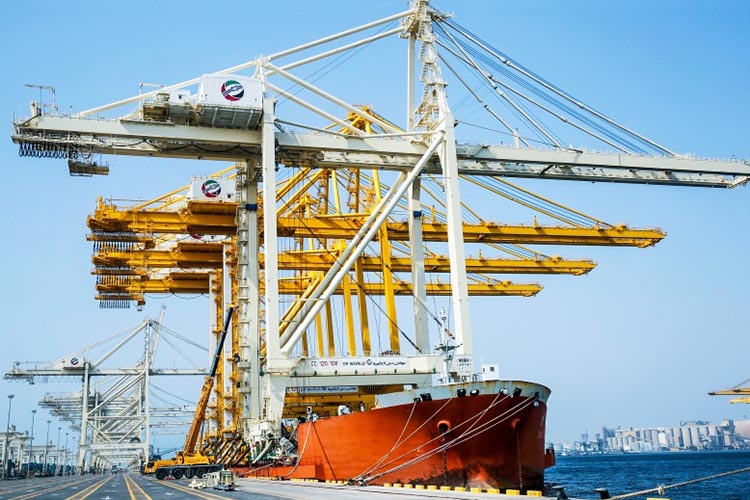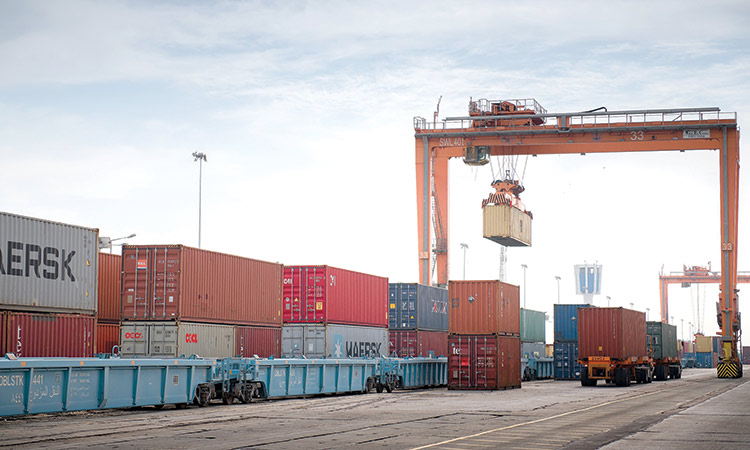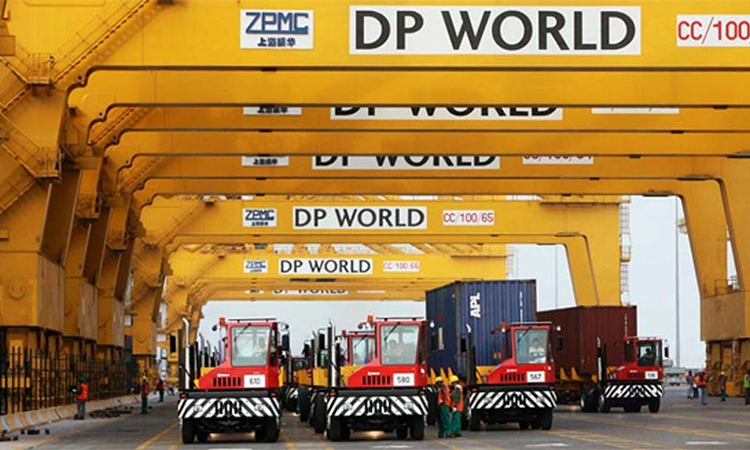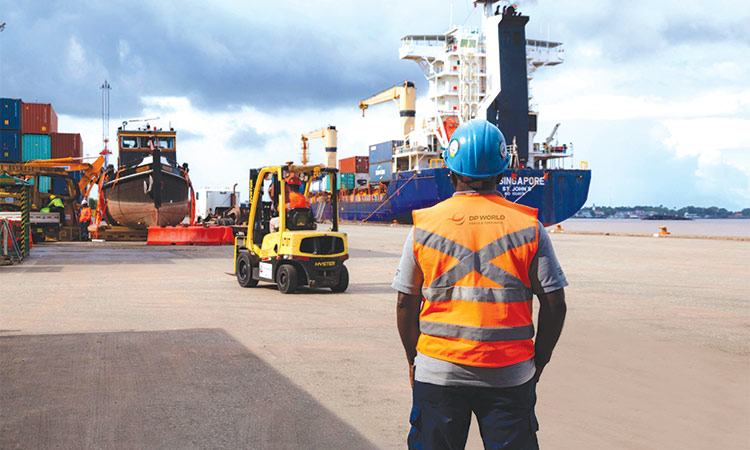Dubai’s non-oil private sector growth accelerates
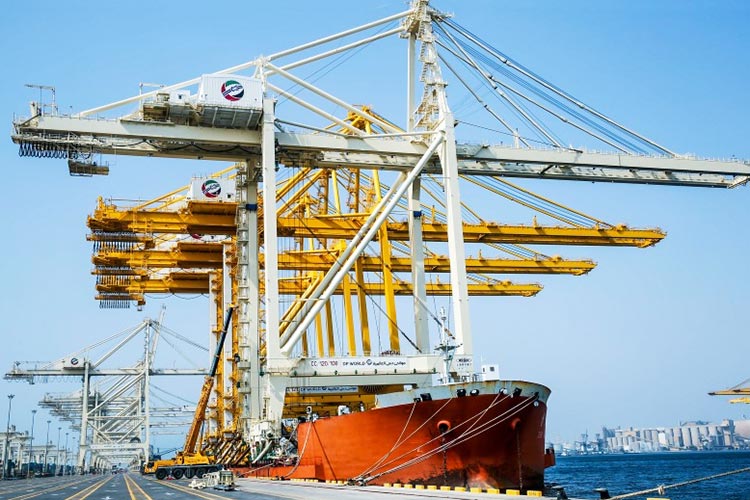
Dubai’s non-oil private sector economy improved at the fastest rate in over four years in April.
Overall business conditions in Dubai’s non-oil private sector economy improved at the fastest rate in over four years in April. This mainly reflected the trend in new business, as employment was broadly unchanged during the month. Notably, business conditions in the wholesale & retail sector improved at a series record pace, partly influenced by sharp price discounting and promotional activity. Across the non-oil private sector as a whole, prices charged fell for the twelfth month running.
The seasonally adjusted Emirates NBD Dubai Economy Tracker Index – a composite indicator designed to give an accurate overview of operating conditions in the non-oil private sector economy – edged up from March’s 57.6 to 57.9 in April, the highest since February 2015. The Index has registered above its long-run trend level of 55.2 throughout the first four months of 2019.
April data for three key sectors revealed a record improvement in business conditions at wholesalers and retailers. The headline index for the sector rose to 60.1, the highest since it was first compiled in March 2015. The figure for travel & tourism was the second-highest on record (58.8, below March’s peak of 59.8) while the construction figure improved to 53.4.
A reading of below 50.0 indicates that the non-oil private sector economy is generally declining; above 50.0, that it is generally expanding. A reading of 50.0 signals no change.
The survey covers the Dubai non-oil private sector economy, with additional sector data published for travel & tourism, wholesale & retail and construction.
Commenting on the Emirates NBD Dubai Economy Tracker, Khatija Haque, Head of MENA Research at Emirates NBD, said: “The sharp rise in output and new work in April is encouraging, as it suggests GDP growth is accelerating after a relatively soft 2018. However, this growth in the volume of activity appears to be underpinned by price discounting, rather than an improvement in underlying demand. As a result, firms are reluctant to boost hiring and consumers are likely to remain cautious.”
The rate of growth in total business activity eased from March’s four-year high in April, but was nonetheless among the sharpest registered since the series began in 2010. Growth rates were elevated in all three of the key monitored sectors, led by travel & tourism.
In contrast, employment in the non-oil private sector was broadly unchanged in April compared with March. This continued the trend shown over the past 12 months, in which the Employment Index has averaged exactly 50.0. Jobs declined in both the travel & tourism and construction sectors, and rose only slightly in wholesale & retail.
The level of incoming new business increased at the fastest rate since January 2015 in April (66.6). New sales growth at wholesalers and retailers hit a new record high (70.8) while construction firms registered a comparatively weaker rise (55.7), albeit the strongest in 2019 so far. Faster growth of new work across the non-oil private sector helped to lift the 12-month outlook for activity to the strongest registered since the series began in 2010.
Price pressures in Dubai’s non-oil private sector remained weak in April. Prices charged for goods and services fell for the twelfth month running, and at the fastest rate since last November. Discounting was notably strong in the wholesale & retail and construction sectors. Meanwhile, average input costs rose at the slowest rate in 2019 so far, and one that was well below the long-run average.
The Emirates NBD Dubai Economy Tracker, produced by IHS Markit, is based on data compiled from monthly replies to questionnaires sent to senior executives in approximately 600 private sector companies, which have been carefully selected to accurately represent the true structure of the Dubai economy, including manufacturing, services, construction and retail.
The panel is stratified by Standard Industrial Classification (SIC) group, based on industry contribution to GDP. Survey responses reflect the change, if any, in the current month compared to the previous month based on data collected mid-month.
For each of the indicators the ‘Economy Tracker report’ shows the ‘diffusion’ index. This index is the sum of the positive responses plus a half of those responding ‘the same’. Diffusion indexes have the properties of leading indicators and are convenient summary measures showing the prevailing direction of change. An index reading above 50 indicates an overall increase in that variable, below 50 an overall decrease.
The Dubai Economy Tracker Index is a composite index based on five of the individual indexes with the following weights: New Orders - 0.3, Output - 0.25, Employment - 0.2, Suppliers’ Delivery Times - 0.15, Stock of Items Purchased - 0.1, with the Delivery Times index inverted so that it moves in a comparable direction.
